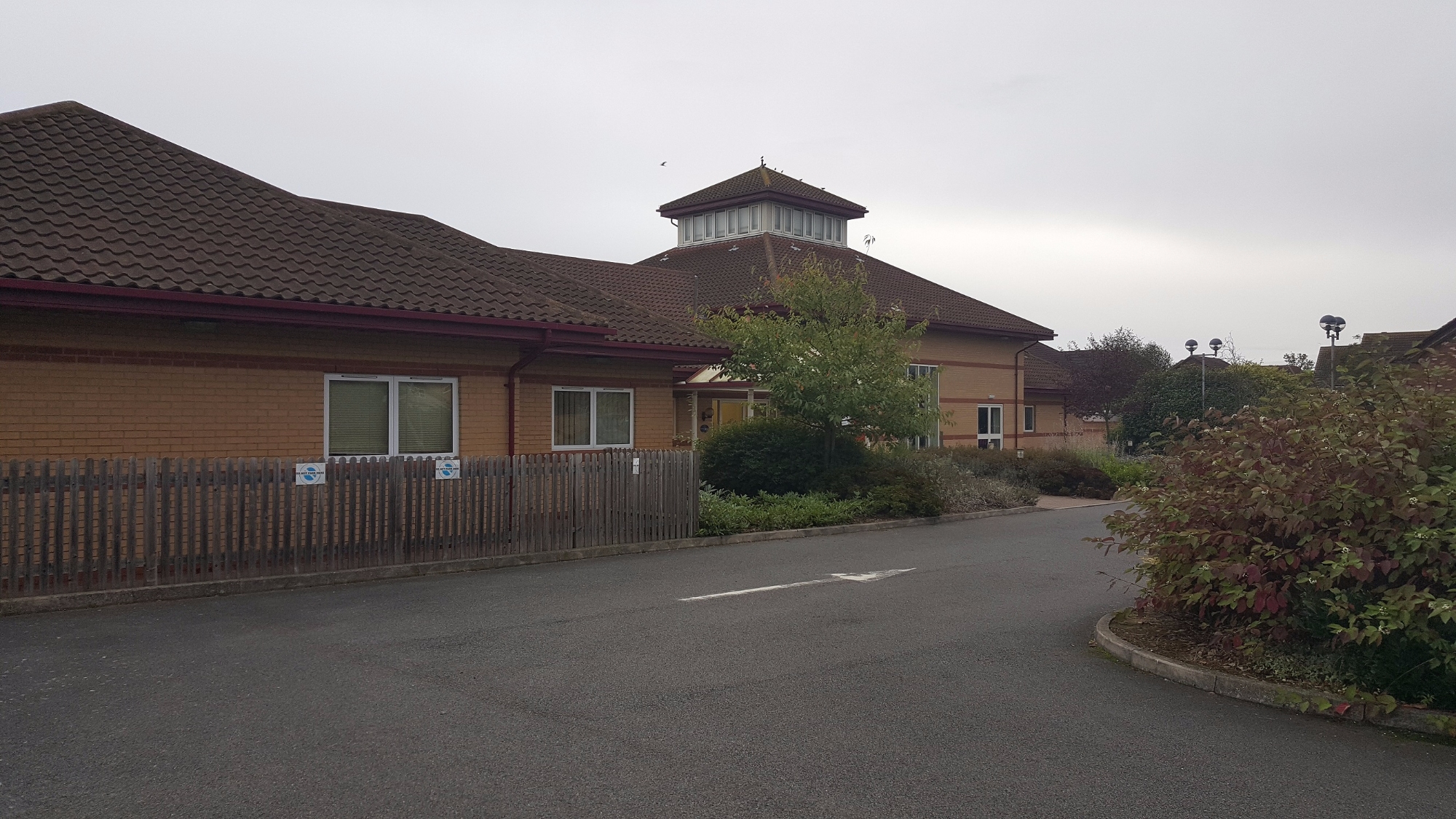Mental Health and Wellbeing
The mental health and emotional wellbeing of all pupils underpins everything we do at Maple Tree School.
Many people at some time in their life experience difficulties with social, emotional and mental health. These may be caused by a specific event such as illness or changes within the family, or may be a result of a longer term condition. Children in school may express their feelings in a number of ways for example:
- Becoming withdrawn
- Getting angry
- Changes in behaviour
- Friendship difficulties
Many problems can be overcome with the support of the class teachers and other staff throughout the school.
All staff including teachers, support staff and midday assistants are vigilant in recognising children’s needs and responding to them. Most issues can be resolved when the child speaks to a trusted adult, and it is vital that parents talk to school if there is a problem. Parents should also encourage their child to speak to someone in school as soon as a problem arises.
If more support is needed children can access this through our SENDCo and Wellbeing Lead, Mrs Pond. She meets regularly with other members of staff to plan the best way to help individual children. This may include:
- Further advice to you and the adults working with your child.
- A personalised behaviour plan.
- Participation in a specific group e.g. Social skills group.
- Support for the family.
- Directed support from other agencies.
We aim to equip our pupils with the skills to lead successful and fulfilling lives by giving them self-confidence and the resilience to overcome difficulties. This is done through strategies which are tiered as follows;
Universal support - to meet the needs of all our pupils through our overall ethos and our wider curriculum. For instance developing resilience for all;
* Our PSHE curriculum
* After school clubs (dance and team sports)
* Lunchtime clubs (mindfulness/meditation/young carers)
* Good to be Green
* Daily register check-ins
* Monthly mental health focus
* Mental health activity station (weekly take away activities for pupils)
* Safe spaces (indoor and outdoor)
* Playground buddies
Additional support - for those that who may have short term needs and those who may have been left vulnerable by life experiences, such as bereavement.
* One to one adult support (specific to the pupils mental health needs)
* Emotional literacy (in small groups)
* Sunshine circles (nurture activities in small groups)
Targeted support - for pupils who need more differentiated support and resources or specific targeted interventions (referrals to external agencies).
School referral ONLY
* School nurse - 0-19 led team (counselling support)
* Embrace - support for children who have been victims of crime (domestic violence, physical and emotional abuse)
* Child Development Centre, Kempston - referrals can be made for paediatrics, occupational therapy
Parent and School referral
* CAMHs (Child and Adolescent Mental Health support https://www.elft.nhs.uk/services/north-bedfordshire-camhs)
* CHUMS (Mental Health and Emotional Wellbeing Service for children and young people provides therapeutic support in a variety of ways http://chums.uk.com/)
* NHS Parentline (Secure and confidential text service for parents and carers of those age 0-19, offering advice and support on a range of issues e.g sleep and emotional health, behaviour. Available, 07507 331456 Monday to Friday 9.00am-4.30pm
* Early Help (https://www.centralbedfordshire.gov.uk/info/11/children_and_young_people/122/support_for_families)
Parent information
* Central Bedfordshire Council local offer https://localoffer.centralbedfordshire.gov.uk/kb5/centralbedfordshire/directory/home.page
DID YOU KNOW?
Talking therapies, or psychological therapies, are effective and confidential treatments delivered by fully trained and accredited NHS practitioners. They can help with common mental health problems like stress, anxiety and depression.
You can access talking therapies for free on the NHS and you can refer yourself directly to an NHS talking therapies service without a referral from a GP, or a GP can refer you. Please click on the link below for more info:
https://www.nhs.uk/mental-health/talking-therapies-medicine-treatments/talking-therapies-and-counselling/nhs-talking-therapies/

